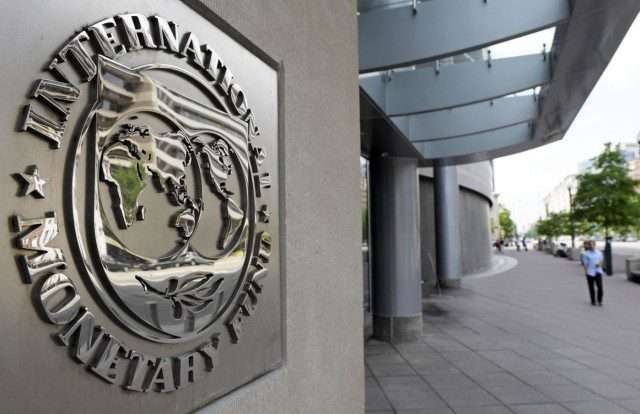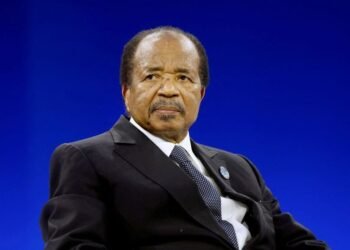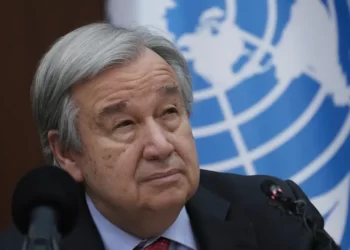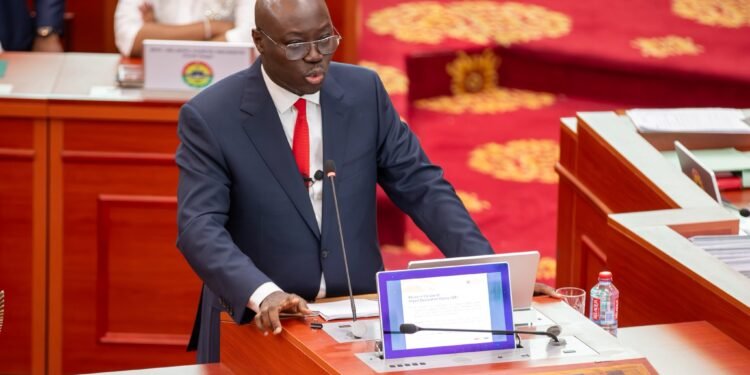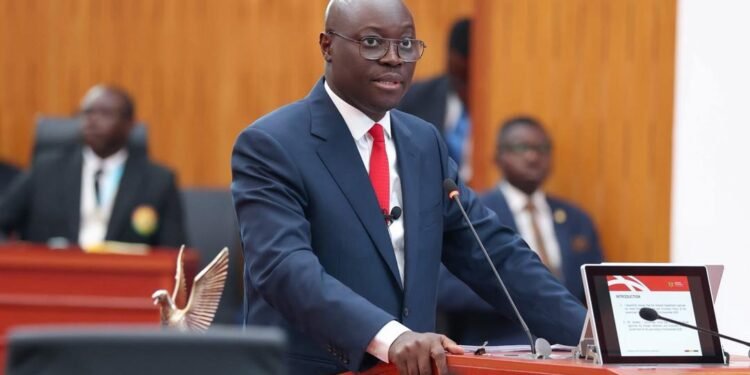Uganda is pursuing a new round of financial assistance from the International Monetary Fund (IMF) as its debt burden grows and its previous funding arrangement lapses. The East African nation’s earlier Extended Credit Facility (ECF), valued at around $1 billion and launched in 2021, expired in 2024 with only $870 million released.
Ramathan Ggoobi, the permanent secretary at the Ministry of Finance who also serves as secretary to the Treasury, revealed the ongoing talks during a meeting with ambassadors. In a statement shared by the ministry on the X platform, Ggoobi explained, “Uganda is currently negotiating a new Extended Credit Facility Program with the IMF.”
He added that the new plan, if agreed upon, “is expected to be presented to the IMF Board after the general elections early next year, 2026.” Uganda is scheduled to hold presidential and parliamentary elections in January or February, though the electoral body has yet to confirm the exact date.

Officials say the urgency stems from the country’s struggle to access affordable financing options as its public debt swells. The Ministry of Finance reported that Uganda’s total debt rose by 17.8% in 2024, reaching $29.1 billion. This figure pushed the debt-to-GDP ratio to 52.1%, up from 49.9% a year earlier.
IMF Deal Hinges On Fiscal Reforms
The IMF confirmed the expiration of the previous program in September 2024, citing “program implementation challenges compounded by external funding constraints.” Despite falling short of its full disbursement, the arrangement had been seen as an important anchor for fiscal discipline.
For the government in Kampala, renewing an agreement with the IMF is viewed as vital to stabilizing the economy. The hope is that a new facility will not only provide fresh credit but also reinforce investor confidence and help Uganda manage its fiscal consolidation.
Observers note that Uganda’s pursuit of another IMF deal comes at a politically sensitive moment. With elections approaching, the government must balance its commitments to fiscal responsibility with pressure to deliver social and infrastructural spending to the electorate.
Before the 2021 program was introduced, Uganda’s economic picture was already complex. On paper, growth looked strong, with GDP expanding above 6% in 2018 and 2019. But beneath those figures, the economy faced persistent structural challenges. Rapid population growth, widespread poverty, and declining per capita income cast doubt on the sustainability of the headline growth numbers. Between 2014 and 2019, per capita income actually shrank by 8%, while poverty rates remained entrenched, with about 42% of citizens living on less than $2.15 a day.
Agriculture remained the backbone of the labor market, employing two-thirds of Ugandans. Most were engaged in subsistence or low-skill farming, while the rest primarily worked in informal services. This limited structural transformation left the economy highly vulnerable to shocks. Repeated droughts, security challenges, and corruption further hampered efforts to achieve sustainable development.
Fiscal pressures compounded the strain. A rising budget deficit reflected both the government’s spending commitments and its limited revenue mobilization capacity. Public debt breached the 50% of GDP ceiling enshrined in Uganda’s fiscal responsibility framework, while efforts to broaden the tax base and increase collections lagged.
The Covid-19 pandemic deepened these vulnerabilities. Lockdowns and health measures reversed years of poverty reduction gains and further stressed the budget. In response, authorities ramped up spending on health services and social protections, financed partly by loans. While these measures were necessary, they widened the fiscal deficit and heightened debt pressures, setting the stage for Uganda’s reliance on the IMF’s Extended Credit Facility in 2021.
That program was designed to stabilize the economy and lay the foundation for inclusive growth. But its challenges and eventual lapse highlight the country’s continuing struggle to balance fiscal stability with development needs.
READ ALSO: Mahama Lifts Ban on Land Transactions, Orders Strict Compliance with New Regime

